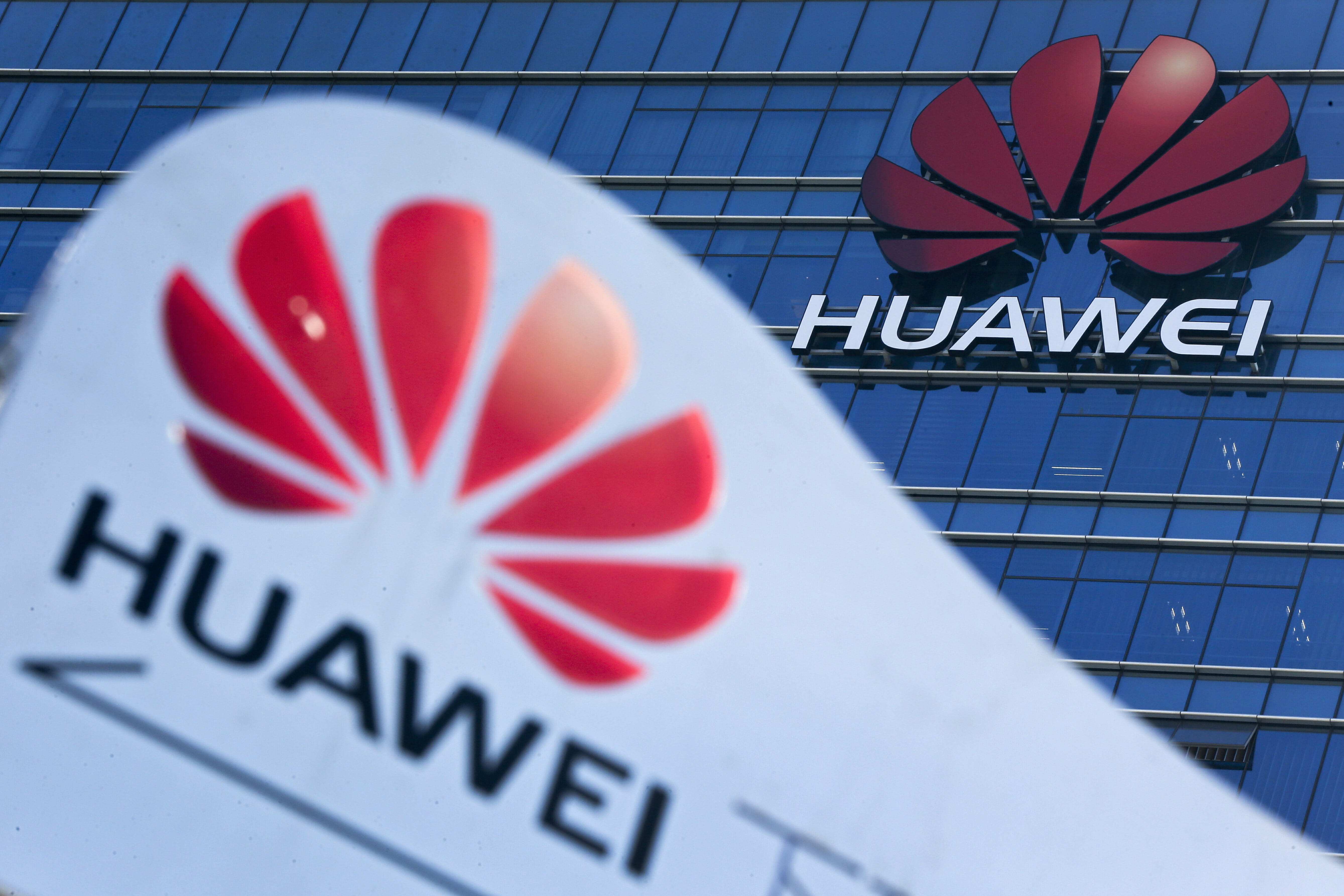
Huawei pleads not guilty to trade secrets charges in Seattle
SEATTLE (AP) — The Chinese tech giant Huawei pleaded not guilty Thursday to U.S. trade-theft charges in a case that has heightened a trade dispute between the world’s two largest economies.
The pleas were entered in federal court in Seattle, where a 10-count indictment was unsealed in January against two Huawei units, Huawei Device Co. and Huawei Device USA.
Charges include conspiracy to steal trade secrets, attempted theft of trade secrets, wire fraud and obstruction of justice. The conspiracy charge carries a potential fine of $5 million or three times the value of the stolen trade secret, whichever is greater, the U.S. Attorney’s office said Thursday.
U.S. District Judge Ricardo S. Martinez set a March 2020 trial date.
The U.S. has accused China of using predatory tactics to turn Chinese companies into leaders in tech fields such as robotics and electric vehicles.
From 2012 to 2014, prosecutors allege, Huawei engaged in a scheme to steal the technology behind a robotic device that Bellevue, Washington-based T-Mobile used to test smartphones, according to the charges.
Prosecutors say one Huawei worker even removed the robot’s arm from T-Mobile’s lab, took detailed measurements and photos of it, and then sent the information about it to China; the company says the worker acted independently and was later fired.
A federal jury in Seattle awarded T-Mobile $4.8 million in damages in 2017.
Huawei, the No. 2 smartphone maker and an essential player in global communications networks, has also been charged in New York with lying to banks about deals that violated economic sanctions against Iran. The daughter of the company’s founder has been arrested in Canada and is awaiting extradition to the U.S. No arraignment has been set in the New York case, but Huawei denies the charges.
Trade talks between the United States and China are far from completion, U.S. Trade Representative Robert Lighthizer told lawmakers Wednesday, but President Donald Trump raised hopes earlier in the week when he said he would postpone a scheduled March 2 increase in tariffs on $200 billion of Chinese imports.
The Western Journal has not reviewed this Associated Press story prior to publication. Therefore, it may contain editorial bias or may in some other way not meet our normal editorial standards. It is provided to our readers as a service from The Western Journal.
Truth and Accuracy
We are committed to truth and accuracy in all of our journalism. Read our editorial standards.
Advertise with The Western Journal and reach millions of highly engaged readers, while supporting our work. Advertise Today.












